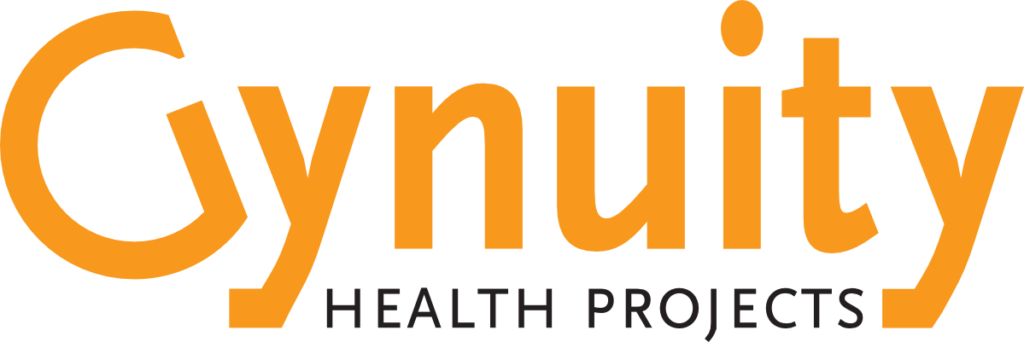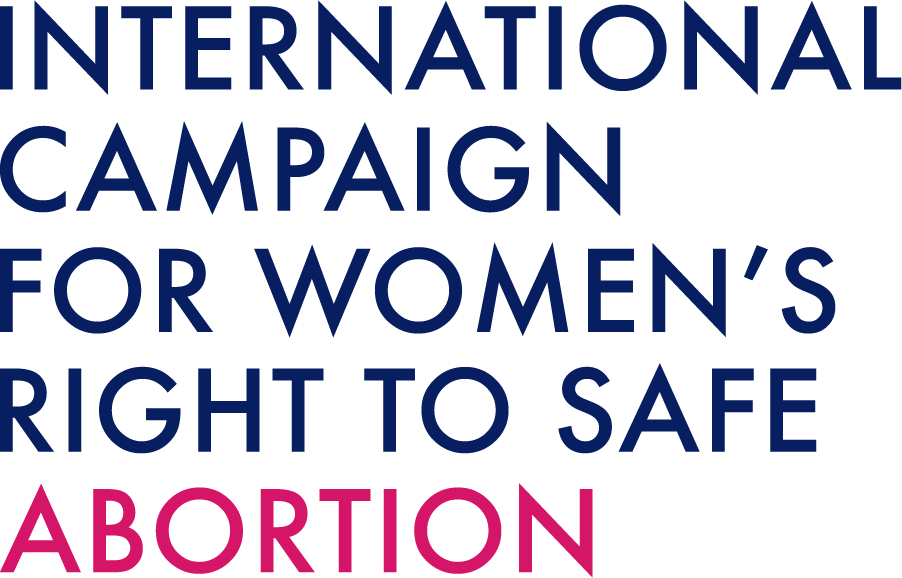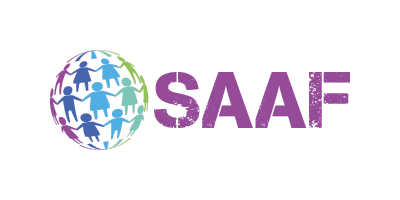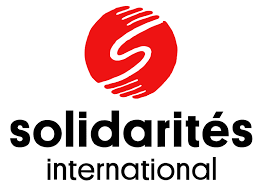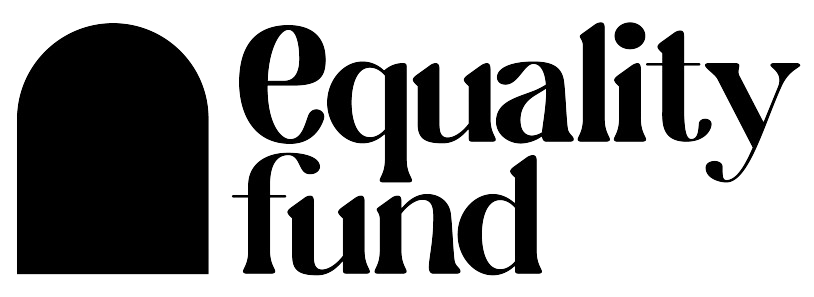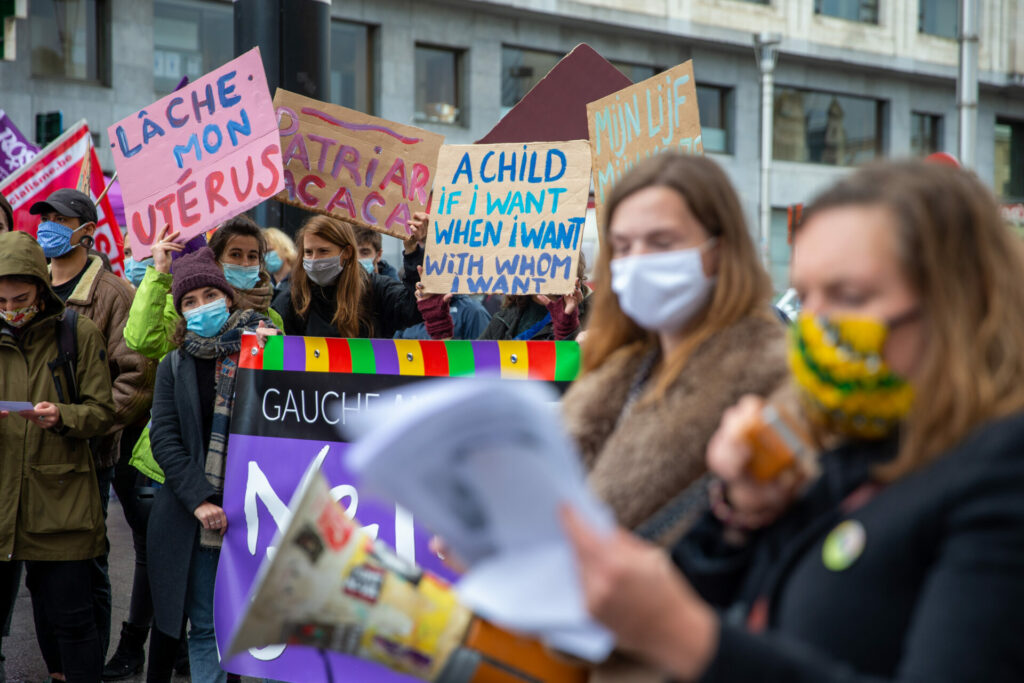
Europe’s Fragile Progress: The Renewed Battle Over Abortion Rights
Across Europe, a troubling pattern is emerging: decades of progress on reproductive rights are being quietly – and sometimes aggressively – rolled back. A new report from Amnesty International, “When rights aren’t real for all: The struggle for abortion access in Europe”, paints a stark picture of how governments are failing to guarantee safe, legal, and accessible abortion care for all.
Despite important victories, the fight for reproductive freedom is far from over. In many parts of Europe, women and pregnant people still face numerous barriers — from legal restrictions and mandatory waiting periods to social stigma, intimidation, and political interference.
Amnesty’s report highlights that at least 20 countries across the region still criminalize abortion outside narrow legal exceptions. Even where abortion is technically legal, administrative and financial barriers often make access impossible, especially for those already marginalized: adolescents, low-income women, LGBTIQ+ people, migrants, and persons with disabilities.
Barriers Disguised as “Protection”
In many states, abortion care is excluded from public health insurance, forcing women to pay out of pocket or travel abroad. Others impose medically unnecessary waiting periods, mandatory counseling, or spousal consent — all under the guise of “protecting life” or “supporting motherhood.”
These policies, far from protecting anyone, only deepen inequality and delay essential medical care. In Hungary, for example, pregnant people must listen to the fetal heartbeat before accessing abortion. In Türkiye, married women are still legally required to obtain their husband’s consent. Such measures have nothing to do with medicine — they are political tools meant to control women’s bodies.
A Coordinated Backlash
The report warns of a growing, well-funded “anti-gender” movement that stretches across borders. This network — made up of conservative religious groups, political actors, and think tanks — has poured millions into campaigns that spread misinformation, attack reproductive rights defenders, and influence parliaments to restrict abortion.
In countries like Croatia, Slovakia, and Italy, this backlash has already led to restrictive laws, increased stigma, and emboldened anti-abortion protesters who intimidate patients and medical staff alike.
The most dangerous part of this movement is not just its reach, but its normalization — how political leaders justify new barriers with nationalist and racist narratives about “protecting traditional families” or “reversing population decline.”
Defending the Right to Decide
Abortion is not a privilege or a moral debate — it is essential healthcare and a fundamental human right. Governments that fail to provide safe abortion access are not protecting life; they are endangering it. Delayed or denied abortion care leads to suffering, unsafe procedures, and in some cases, death.
As Monica Costa Riba of Amnesty International notes, Europe must urgently bring its abortion policies in line with international standards — decriminalize abortion, remove existing barriers, and confront anti-rights campaigns head-on.
The Path Forward
Progress will depend on political courage, medical integrity, and public solidarity. Healthcare professionals, educators, feminist organizations, and human rights defenders must continue to expose disinformation and stand by those most affected by systemic barriers.
Abortion rights were never simply handed down — they were fought for. And today, more than ever, they must be defended with the same determination.
Source: Amnesty International, “Europe: Existing barriers to abortion access compounded by alarming attempts to roll back reproductive rights”, 6 November 2025. Amnesty International




